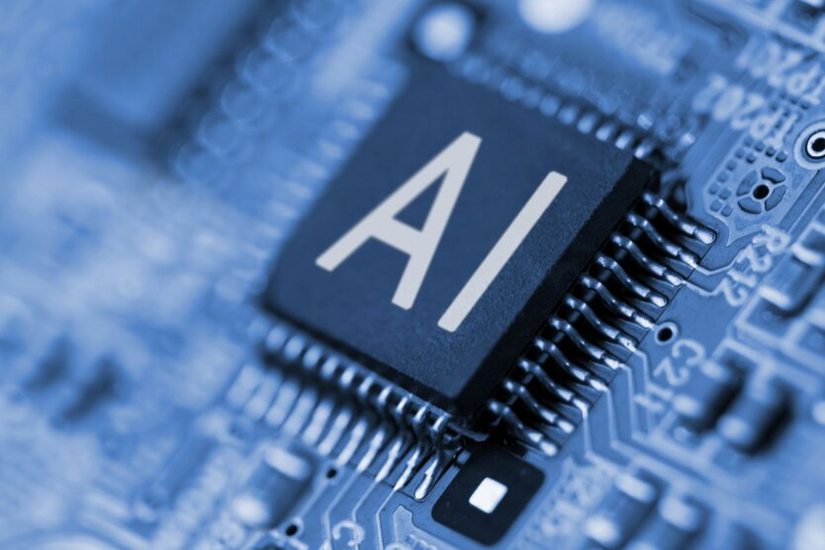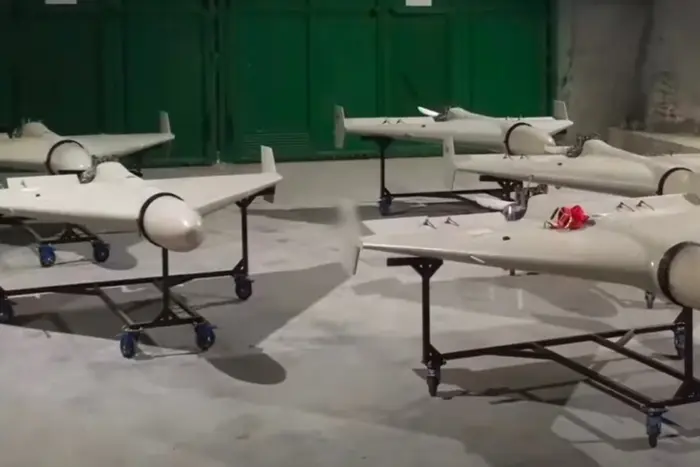US Monitors Global AI Chip Market.


The US is imposing restrictions on the export of chips and artificial intelligence technologies. This decision has been made to preserve advanced developments for its own needs and allies, as well as to complicate China's access to them.
According to Reuters, the new laws envisage a global licensing system for certain types of chips with some exceptions. Countries are divided into three categories. The first group, which includes Japan, the UK, South Korea, and the Netherlands, is virtually unrestricted.
Approximately 120 countries, including Singapore, Israel, Saudi Arabia, and the UAE, face moderate restrictions. At the same Time, China, Russia, and Iran are subject to a complete ban on acquiring these technologies.
Cloud providers from the US, such as AWS and Microsoft, will be allowed to use only 50% of AI computing power outside the country. Of this, no more than 25% can be directed to countries in the second category, and for any individual country not included in the first group, this figure will be limited to 7%.
Restrictions will also apply to advanced graphics processors (GPUs), which are crucial for AI training and data center operations. Most of these chips are manufactured by Nvidia, with some by Advanced Micro Devices.
Conversely, leading cloud service providers like Microsoft, Google, and Amazon will be able to build global data centers with international licenses, allowing them to circumvent national restrictions on AI chips.
Read also
- The point of no return has been passed: the IDF made an urgent statement
- More than 1950 missiles and thousands of Shahed-136: GUR revealed data on the RF arsenal
- Russia launched a massive strike on Kremenchuk: attacked with 'Kinzhal', 'Shahed' and more
- Commander of the tactical group 'Vuhledar' Serhiy Naiev has left his post
- A new 'filling' found in Russian Shaheds: who became the main assistant of the Kremlin
- The 'Shahed' Swarms Are Now a Reality: Russia Has Significantly Increased the Production and Frequency of Drone Strikes, - WSJ










